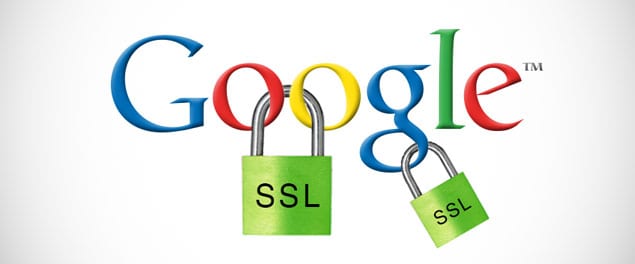
Google’s Deadline for SSL Certificates Is Approaching
Over the course of the last two years, rumors have swirled over Google’s position concerning forcing the move to HTTPS encryption. Last year, Google began officially warning website owners that non HTTPS sites would incur consumer messaging that identified the site as non-secure.
n February 8th, Google made clear its intentions to formally mark websites lacking SSL Certificates (the certificate which once installed on the website results in an HTTPS secure URL string) as insecure.
Google has confirmed a date of “early July 2018” as the start date. They have also disclosed how they will alert web surfers of the non-HTTPS status, or not secure.
Sites that remain on the HTTP non-secure protocol will be flagged with a warning in the URL bar of the surfer’s browser.
The non-secure flag will be built into the release of Chrome 68, which will be ready for download in early July. It is possible that the flag could stand out by use of the color red. However, that remains an unconfirmed aspect. Officially, the image above represents Google’s current likely change.
Google followed up this by stating that the web’s transition to HTTPS, which is also identified as “making the web safer,” by disclosing numbers supporting HTTPS growth and scale.
” Over 68% of Chrome traffic on both Android and Windows is now protected
” Over 78% of Chrome traffic on both Chrome OS and Mac is now protected
” 81 of the top 100 sites on the web use HTTPS by default
HTTPS encryption growth shows that most site owners are taking Google’s warnings seriously.
However, it remains that a large group of site owners has been less than motivated to make the change.
This adaptive lag is likely a result of confusion over what HTTPS encryption is, the annual cost associated with HTTPS encryption maintenance, and general laziness.
Google does not provide SSL certificates, but luckily, we do. If you need assistance with setting up your SSL feel free to contact us today!
